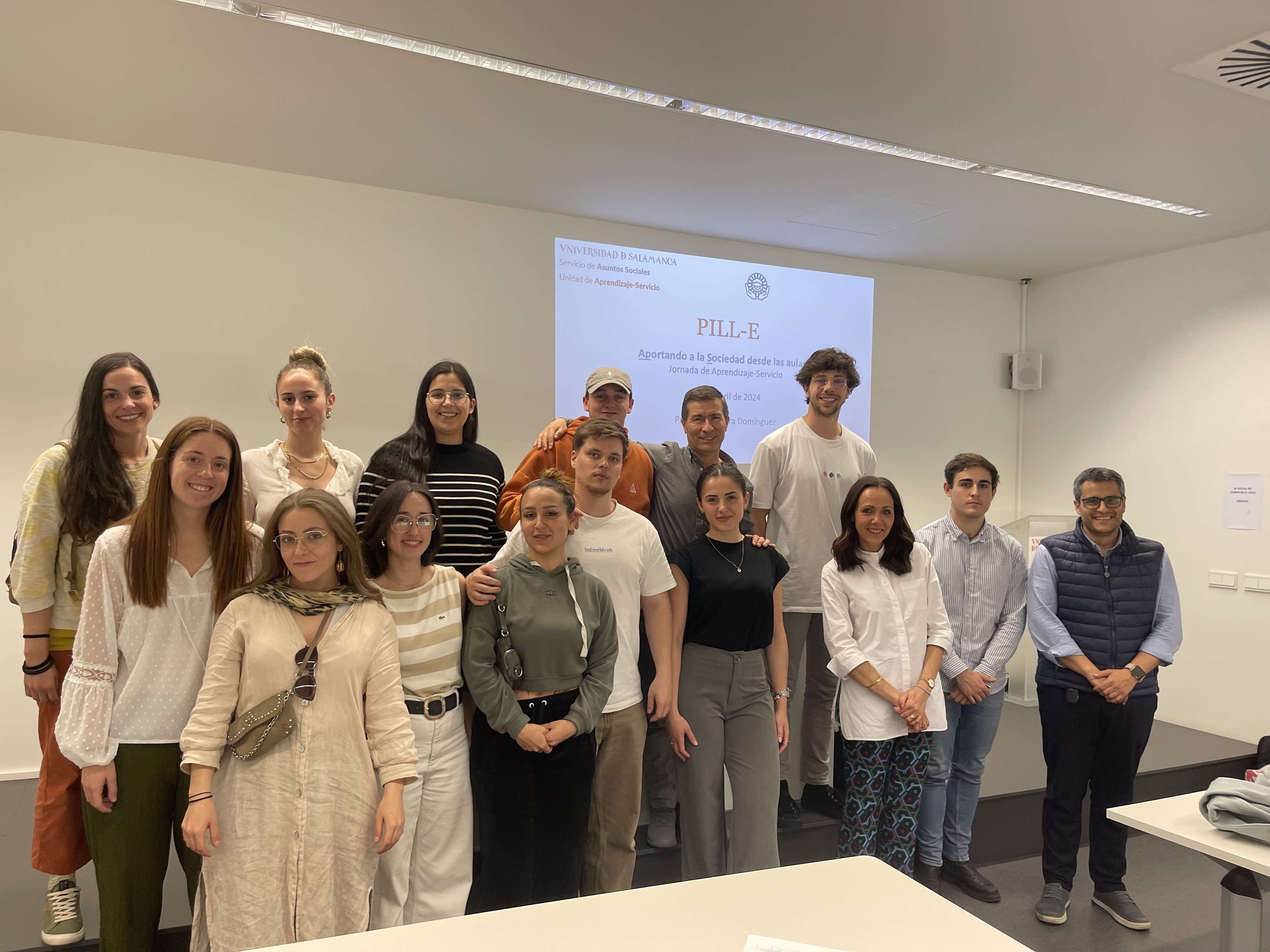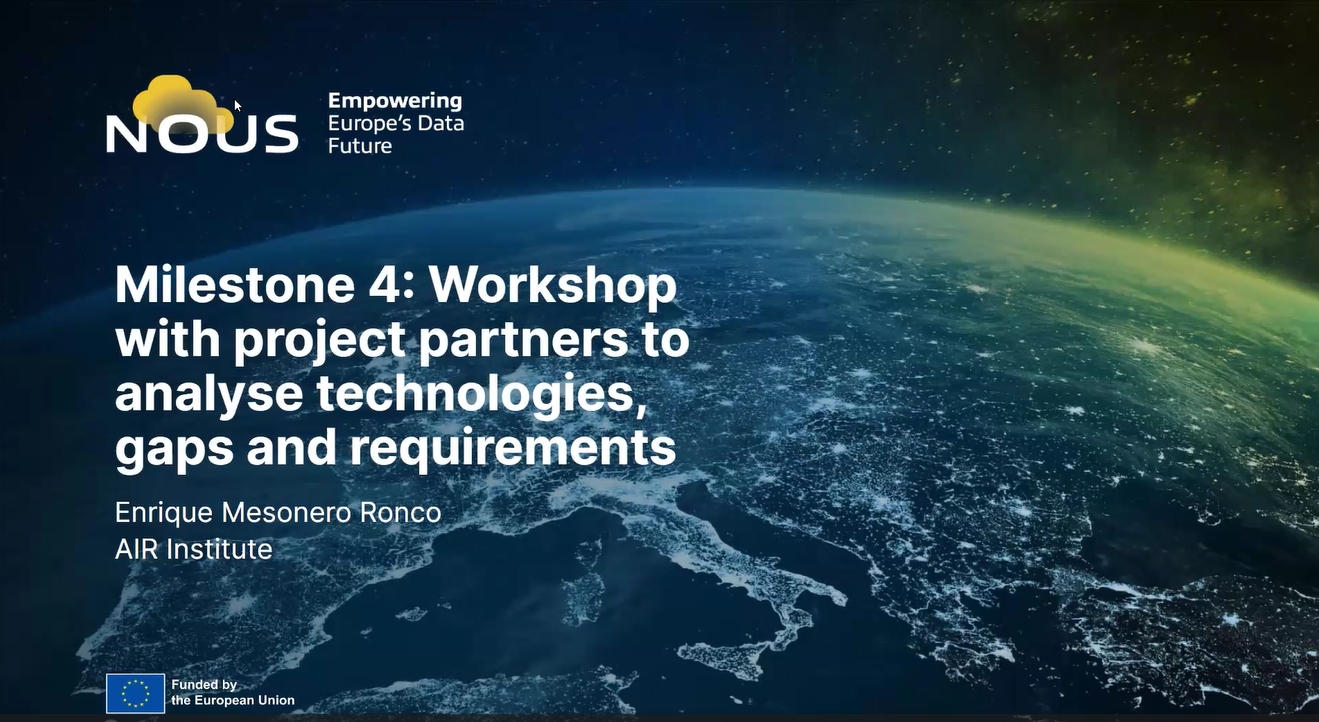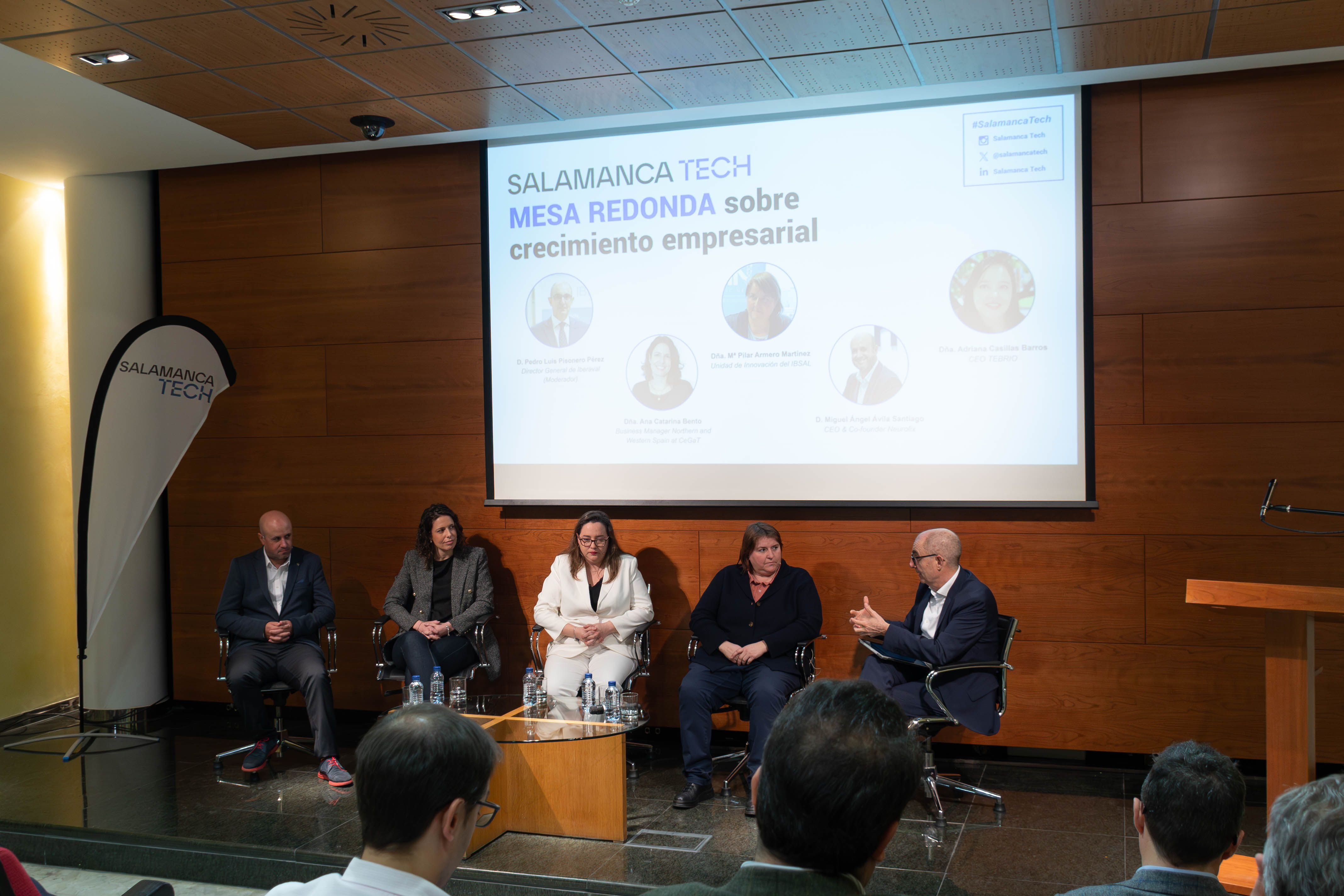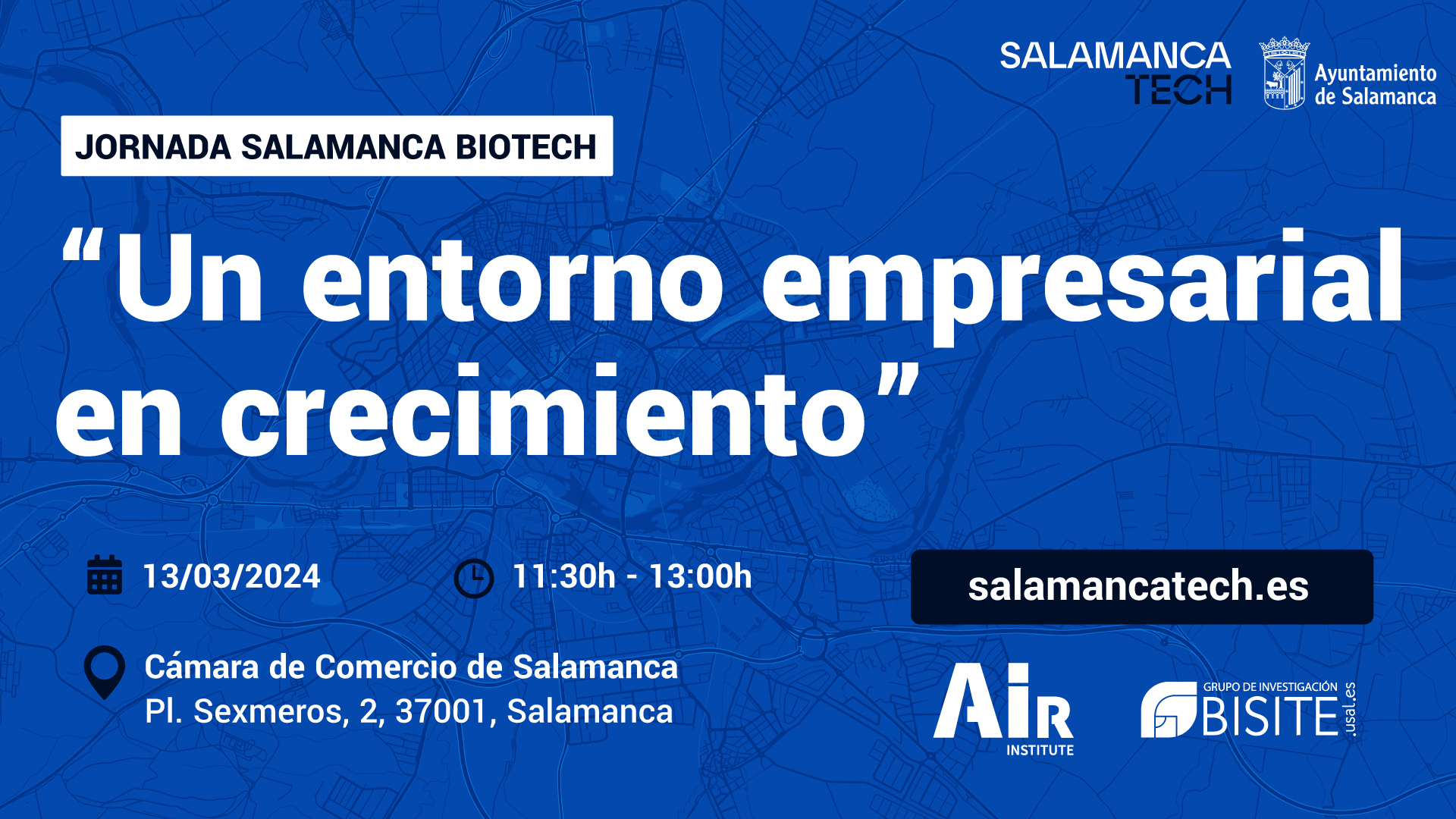Energy efficiency adapted to the user
The SURF project proposes an improvement in urban mobility. The project includes the participation of the Polytechnic University of Valencia, King Juan Carlos University and the BISITE Research Group of The University of Salamanca.
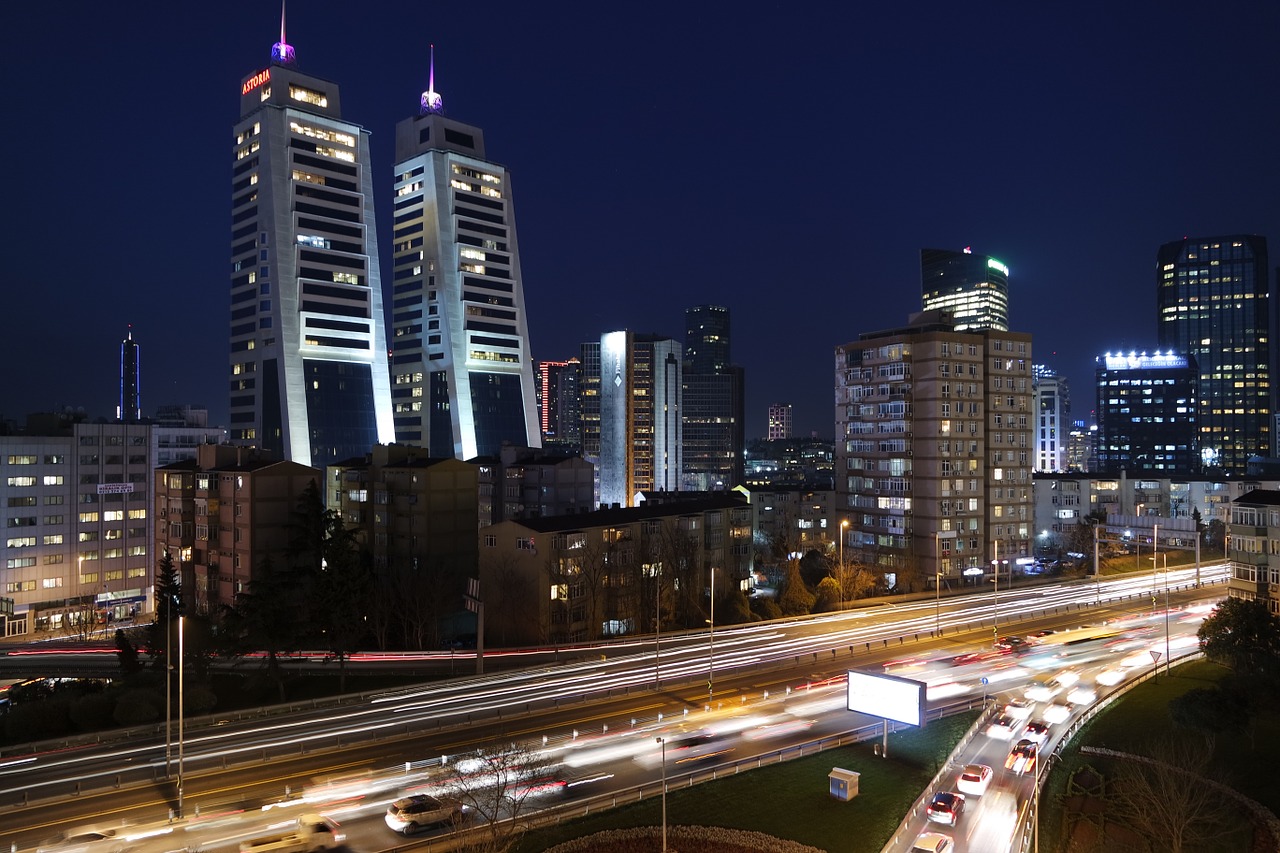
Framed within the challenge of the Sustainable, Smart and Inclusive Transport strategy, one of the seven social challenges identified by the European Commission in the Horizon 2020 program, it aims to contribute to the new model of smart city by incorporating new technologies. To this end, the project proposes to manage an information system that will improve the urban transport model, not only in terms of efficient use of resources, but also by discouraging commuters from using modes of transport with high CO2 emissions.
The purpose of the project is to efficiently manage a fleet of vehicles in order to ensure three essential factors: energy efficiency, equitable and fair use of resources, and the provision of a high degree of mobility, adapting management to a dynamic and flexible demand.
Urban fleet control through sensor networks
The project includes the use of fleets in general and "open fleets" in particular. The latter includes a much more flexible control dimension. Vehicles can interact with the smart city environment, entering or leaving the fleet at any time, etc. From the users’ perspective, the use of such fleets will improve their experience because of the more sophisticated services which provide more, and more recent, information.
The use of sensor networks was proposed for open fleet management. The gathered information, once processed by various algorithms, will provide a basis for a comprehensive analysis of the situation of the fleet. This way users can be informed of the best mobility options according to their needs.
The BISITE role within the project involves the creation of an open adaptive model for sensing and communication, and the creation of user tools.
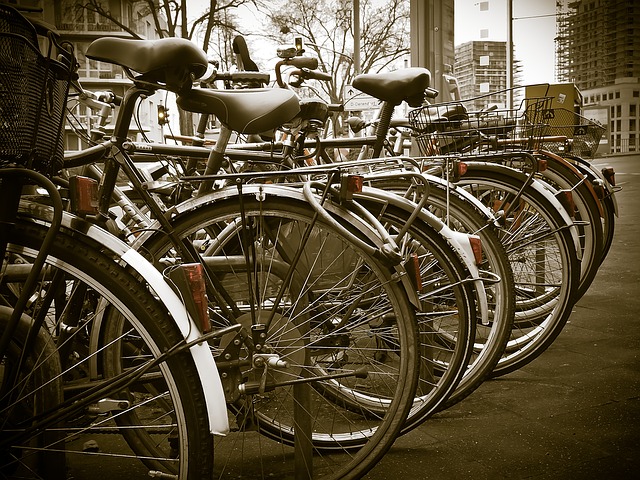
The adaptive model can handle different types of sensor networks created to be energy efficient, and can also include new protocols and sensors as new technologies appear. Moreover, the model will be responsible for investigating the use of virtual agent organizations which provide the system with security through hierarchical systems management.
User tools will automatically collect information through the sensors. In this case the model chosen was bicycles because of the great number of lending platforms. They can also be easily adapted to electric bicycles without incurring much cost.
Hardware monitoring systems and biometric sensors are used. The data issued will be collected by a mobile application that will regulate engine and battery power. All of this to achieve Energy efficiency adapted to the user.
For more information, we are available on our website http://bisite.usal.es/en and on our social networks Facebook, Twitter, LinkedIn and Google+.
